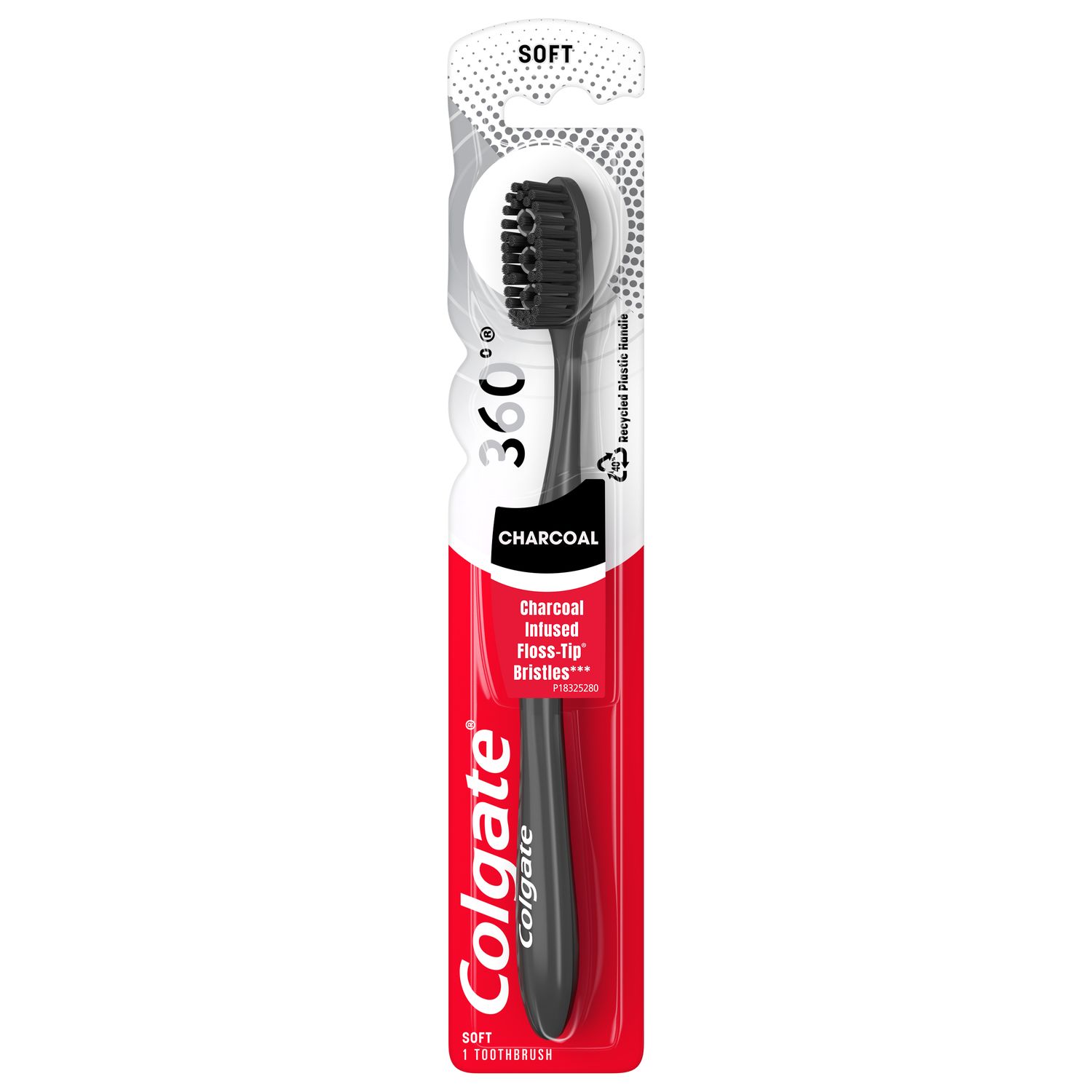Because you want to do the right thing for your oral health, discover what research says about coconut oil and gums. And learn what causes receding gums and how to treat them.
Causes of Receding Gums
Gum health is essential to living your life to the fullest. Receding gums leave your teeth unprotected and at a higher risk for issues like tooth sensitivity, decay, and loss. See if any of these common causes of gum recession apply to you:
- Gum disease due to plaque buildup from not practicing good oral health measures – such as brushing twice daily, flossing daily, and seeing your dentist regularly
- Overly aggressive brushing or flossing
- Grinding and clenching your teeth, known as bruxism
- Smoking and using tobacco products
- Traumatic injury to your gum tissue
- Wearing poorly fitted dentures
- Aging
- Genetics, especially if either parent has gum recession
- Abnormal tooth positioning, such as a misaligned bite
The good news is that, in many cases, you can prevent gum recession or stop your gums from pulling away from your teeth. Unfortunately, though, it's impossible to grow back the gum tissue you've lost. That's why it's crucial to have a beneficial treatment plan.
Coconut Oil for Receding Gums?
Coconut oil has been hailed as everything from a makeup remover to a healthy cooking substitute. But let's get this upfront: Coconut oil can't repair receding gums.
But can coconut oil help fight off plaque-producing bacteria in the mouth that leads to gum disease and receding gums? Limited research shows oil pulling – swishing coconut oil in your mouth for several minutes – might be an oral care aid. Coconut oil has these two things going for it:
- It's readily available and inexpensive for many people worldwide.
- It contains lauric acid, which assists in killing bacteria and reducing inflammation.
However, studies haven't made a conclusive case for coconut oil replacing proper dental hygiene. As a systematic review published in the scientific journal Heliyon states, it's "difficult to determine whether oil pulling with coconut oil has an actual beneficial effect."
Due to the lack of definitive research on the subject, the American Dental Association (ADA) doesn't recommend oil pulling. The ADA also advises using fluoridated toothpaste, not a homemade toothpaste made with coconut oil but missing fluoride.
Gum Recession Treatment Options
So, if coconut oil doesn't repair receding gums, what does? To restore your gums to a healthy state, your dentist might recommend one of these procedures:
- Gum grafts are usually reserved for cases of severe gum tissue loss or tooth root exposure. During the procedure, your periodontist or dentist will collect healthy tissue from another part of your mouth and stitch it onto the receding gums.
- Pinhole surgery involves manipulating existing gum tissue over the exposed roots, as noted in a Journal of Indian Society of Periodontology study.
- Other methods recommended by the American Academy of Periodontology can help with bone and tissue regeneration.
Please remember: With prevention and early detection, you might avoid gum recession. But don't count on coconut oil, which won't repair gums but shouldn't hurt you as long as you continue brushing and flossing. Receding gums won't magically start growing again, but there are procedures to treat gum loss. Our goal is to provide sound dental hope for having healthy gums once again.
This article is intended to promote understanding of and knowledge about general oral health topics. It is not intended to be a substitute for professional advice, diagnosis or treatment. Always seek the advice of your dentist or other qualified healthcare provider with any questions you may have regarding a medical condition or treatment.
ORAL HEALTH QUIZ
What's behind your smile?
Take our Oral Health assessment to get the most from your oral care routine
ORAL HEALTH QUIZ
What's behind your smile?
Take our Oral Health assessment to get the most from your oral care routine















